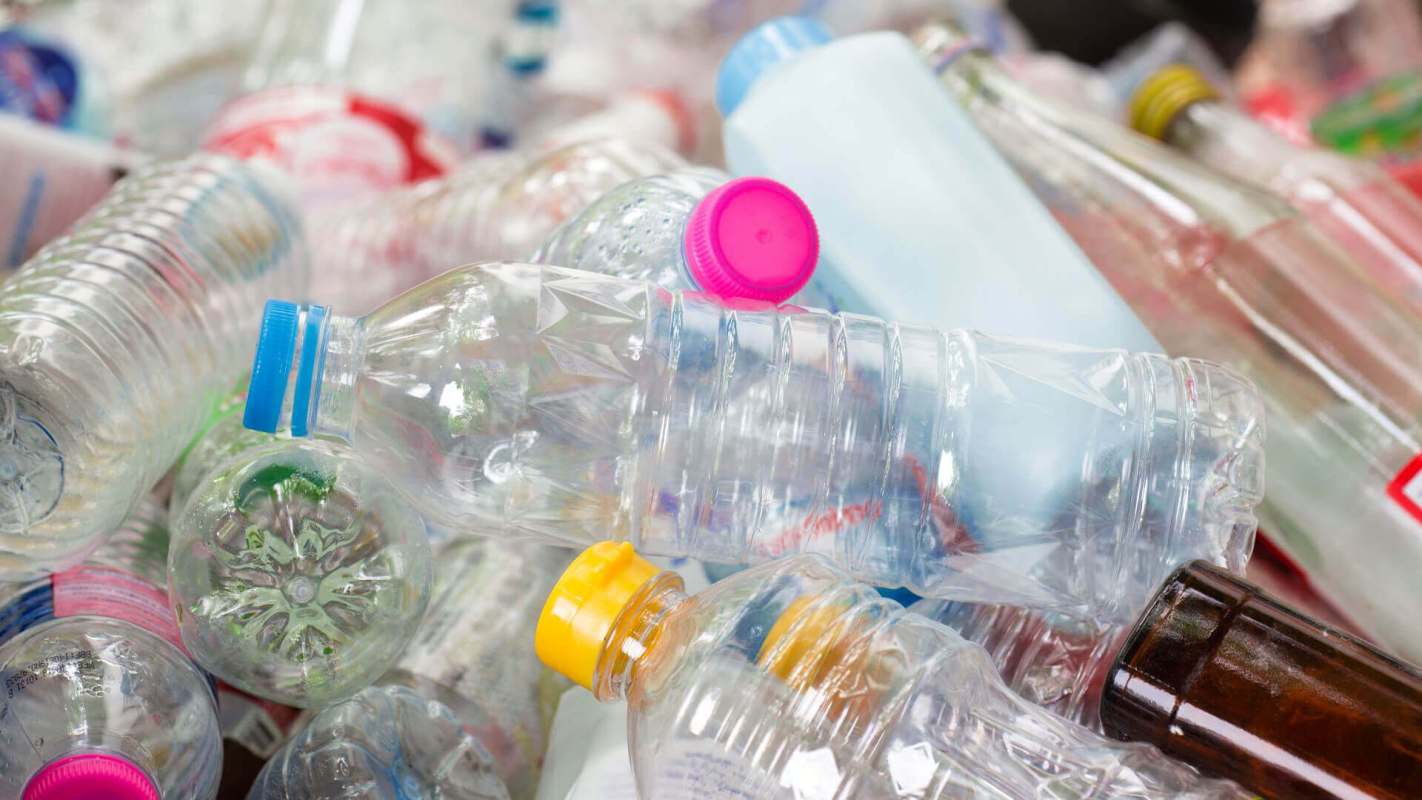A new report suggests that plastic recycling in the U.S. is a "failed concept," highlighting a steep decline in the country's recycling rate.
Greenpeace USA released the results of the study, titled "Circular Claims Fall Flat," on Oct. 24. In it, the nonprofit comprehensively surveyed plastic recycling in the U.S. to determine which plastic products meet the legal definition of recycling.
The report found that America's plastic recycling rate — the percentage of plastic materials recycled from our overall waste — has declined from 9.5% in 2014 to around 5% in 2021.
Using requirements set by the U.S. Federal Trade Commission (FTC) and guidance from the "more stringent" Global Commitment program, the study determined whether or not a product can legally be labeled as recyclable.
It found that products made from plastic types "3" through "7" (those classifications refer to the numbers in the center of the chasing arrows symbol on plastic packaging) aren't widely accepted by the facilities designed to sort them, meaning they failed to meet the FTC's legal definition of recyclable. Those items include plastic film, coffee pods, fast food cups, clamshell packaging, and more.
As a result, a vast majority of our plastic trash goes unrecycled. In 2021, U.S. households produced a reported 51 million tons of plastic trash. Yet only around 2.4 million tons were recycled.
The report claims that there are five main reasons why "plastic recycling fails:"
Plastic trash is very challenging to collect because it's widespread and global
Different types of plastics can't get recycled together, so all materials must get sorted before recycling.
The processing of plastic waste is often "wasteful" in itself. Greenpeace points out that recycling plastic creates microplastics, releases toxic air pollution, endangers workers, and increases the risk of fires.
There's a risk of high toxicity in recycled plastics.
Plastic recycling is not economically viable.
The plastic pollution crisis isn't just national, it's global. There are 400 million tons of new plastic created each year, per Greenpeace's report, and very few safe and viable waste management methods.
"Instead of continuing on this false path, companies in the U.S. and around the world must urgently phase out single-use plastics by replacing their packaging with reuse and refill systems and offering packaging-free products," the report states.
Follow The Cool Down on Instagram and TikTok.








